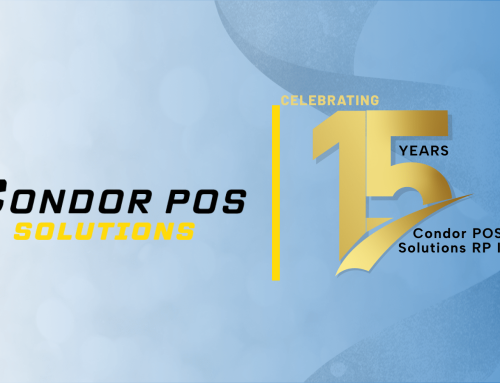In the world of retail and hospitality, managing transactions effectively is crucial for the success and growth of any business. Traditionally, businesses relied on manual processes to handle sales, inventory, and customer interactions. However, the advent of Point of Sale (POS) systems has revolutionized these processes, offering a more streamlined and efficient approach. This article explores the key differences between manual processes and POS systems, highlighting their impact on business operations.
Manual Processes
Manual processes refer to the traditional methods of handling business operations without the aid of automated systems. These processes typically involve paper-based systems, manual entry of sales, and physical inventory management. Here are some characteristics and challenges associated with manual processes:
- Labor-Intensive: Manual processes require significant human effort to record sales, track inventory, and manage customer interactions. This can lead to increased labor costs and the potential for human error.
- Time-Consuming: Recording transactions, updating inventory, and generating reports manually can be time-consuming. This slows down the overall efficiency of business operations.
- Accuracy Issues: Human errors are common in manual processes, leading to inaccuracies in sales records, inventory counts, and financial reports. These errors can impact decision-making and profitability.
- Limited Reporting: Manual processes often lack sophisticated reporting capabilities. Generating detailed sales reports, inventory summaries, and customer data analysis can be challenging and time-consuming.
- Inventory Management: Managing inventory manually involves physical counts and updates, which can be prone to errors and discrepancies. This can lead to stockouts or overstock situations, affecting customer satisfaction and sales.
Point of Sale (POS) Systems
POS systems are computerized systems that manage sales transactions, inventory, and customer data in real time. They offer a range of features and benefits that address the limitations of manual processes:
- Efficiency and Speed: POS systems automate transaction recording, inventory updates, and reporting, significantly reducing the time and effort required for these tasks. This leads to faster checkouts and improved customer service.
- Accuracy and Reliability: Automated data entry and real-time updates minimize the risk of human error. This ensures accurate sales records, inventory counts, and financial reports, enhancing overall business reliability.
- Advanced Reporting: POS systems offer sophisticated reporting and analytics capabilities. Businesses can generate detailed sales reports, track inventory levels, analyze customer behavior, and make informed decisions based on real-time data.
- Inventory Management: POS systems provide real-time inventory tracking and management. Businesses can set reorder points, receive low-stock alerts, and optimize inventory levels to avoid stockouts and overstock situations.
- Integration and Scalability: Modern POS systems can integrate with other business tools such as accounting software, e-commerce platforms, and customer relationship management (CRM) systems. This integration streamlines operations and allows for scalability as the business grows.
- Enhanced Customer Experience: With faster checkouts, accurate transactions, and personalized customer interactions, POS systems contribute to a better overall customer experience. Loyalty programs and targeted promotions can be easily managed through POS systems.
Comparison: Manual Process vs. POS System
| Aspect | Manual Process | POS System |
|---|---|---|
| Efficiency | Labor-intensive and time-consuming | Automated and fast |
| Accuracy | Prone to human error | High accuracy and reliability |
| Reporting | Limited and time-consuming | Advanced and real-time |
| Inventory Management | Manual counts and updates | Real-time tracking and alerts |
| Integration | Limited | Seamless integration with other tools |
| Customer Experience | Slower service and potential errors | Faster, accurate, and personalized service |
Conclusion
The transition from manual processes to POS systems marks a significant advancement in business operations. While manual processes have served businesses for many years, the efficiency, accuracy, and advanced capabilities of POS systems offer substantial benefits. Adopting a POS system can lead to improved operational efficiency, better decision-making, and enhanced customer satisfaction, ultimately contributing to the growth and success of a business. As technology continues to evolve, the integration of POS systems into business operations becomes an essential step for staying competitive in today’s fast-paced market.







Leave A Comment